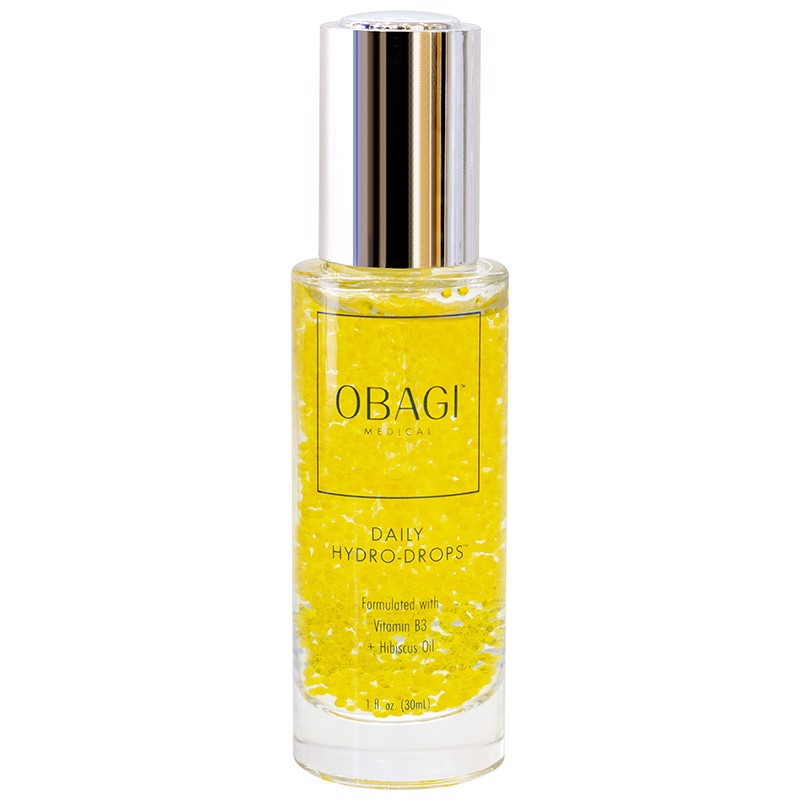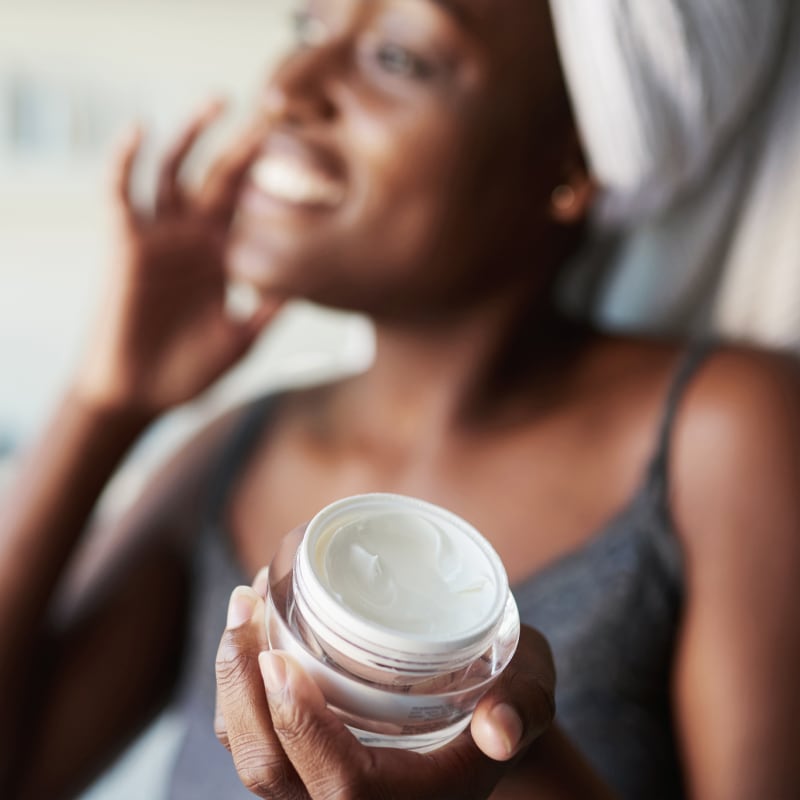Retinol and Acne: Why This Skincare Superstar Is a Game-Changer
Posted on 3rd October 2024
When it comes to tackling acne, few ingredients have stood the test of time quite like retinol. Often hailed as the “gold standard” in skincare, retinol is a derivative of vitamin A that delivers impressive results for acne-prone skin. Whether you’re dealing with persistent breakouts or post-acne scars, this powerful ingredient could be the solution you’ve been searching for.
In this post, we’ll break down how retinol works, its benefits for acne, and tips for incorporating it into your routine for clear, glowing skin.
What Is Retinol?
Retinol is a form of vitamin A, a key nutrient for healthy skin. It falls under the category of retinoids, which includes both prescription-strength options (like tretinoin) and over-the-counter formulations. Retinol is milder than its prescription counterparts, making it a great starting point for those new to retinoids or with sensitive skin.
When applied topically, retinol converts to retinoic acid in the skin, where it works to improve cell turnover, unclog pores, and enhance overall skin texture and tone.
How Retinol Fights Acne
Acne occurs when hair follicles become clogged with oil, dead skin cells, and bacteria. Retinol combats acne through several mechanisms:
- Boosts Cell Turnover
Retinol accelerates the shedding of dead skin cells, preventing them from clogging pores and forming blackheads or whiteheads. - Clears and Unclogs Pores
By keeping pores clear, retinol reduces the formation of new breakouts and allows existing blemishes to heal more quickly. - Reduces Inflammation
Retinol has anti-inflammatory properties that help calm redness and swelling associated with acne, making it especially beneficial for those with cystic or inflammatory acne. - Regulates Sebum Production
Retinol helps normalize oil production, which is a common trigger for acne. Balanced oil levels mean fewer clogged pores and less shine. - Improves Post-Acne Scarring
Beyond treating active acne, retinol promotes collagen production, which helps fade post-inflammatory hyperpigmentation (PIH) and smooth textured scars left by past breakouts.
Benefits of Retinol for Acne-Prone Skin
- Prevention and Treatment: Retinol not only treats existing acne but also prevents future breakouts by keeping pores clear.
- Improved Skin Texture: Regular use of retinol can minimize the appearance of enlarged pores, smooth rough patches, and improve overall skin tone.
- Anti-Aging Perks: While tackling acne, retinol also works to reduce fine lines and wrinkles, giving your skin a youthful glow.
How to Use Retinol for Acne
While retinol is highly effective, it can be irritating if not used properly. Here’s how to incorporate it into your skincare routine:
- Start Slow
If you’re new to retinol, start with a low concentration (0.25% or 0.5%) and use it 2-3 times per week. Gradually increase frequency as your skin builds tolerance. - Apply at Night
Retinol can make your skin more sensitive to sunlight. Use it as part of your nighttime routine and always apply sunscreen during the day. - Use a Pea-Sized Amount
A little goes a long way. Apply a pea-sized amount to your entire face, avoiding the delicate eye area and lips unless the product is specifically formulated for those areas. - Moisturize Generously
Retinol can cause dryness and peeling, especially in the early stages. Follow up with a hydrating moisturizer to support your skin barrier. - Be Patient
Results with retinol take time. You may notice an initial “purging” phase where your skin breaks out as it adjusts to the increased cell turnover. Stick with it—most people see improvements within 8-12 weeks.
Retinol Myths and Misconceptions
- Myth: Retinol Makes Acne Worse
- Truth: While purging can occur, it’s a temporary phase as your skin adjusts. Over time, retinol reduces breakouts and prevents new ones from forming.
- Myth: Retinol Can’t Be Used on Sensitive Skin
- Truth: Sensitive skin can tolerate retinol with proper precautions. Use a low concentration and buffer it with moisturizer if needed.
- Myth: You Should Stop Using Retinol if Your Skin Peels
- Truth: Mild peeling is normal and indicates that the product is working. If peeling becomes severe, reduce usage frequency or consult your clincian.
Who Should Avoid Retinol?
While retinol is a versatile ingredient, it’s not suitable for everyone. You should avoid retinol if:
- You are pregnant or breastfeeding (opt for alternatives like azelaic acid instead).
- You have severe eczema, rosacea, or compromised skin barriers without consulting a dermatologist.
Alternatives to Retinol for Acne
If retinol isn’t suitable for you, consider these alternatives:
- Adapalene: A retinoid available over the counter (e.g., Differin), which is often gentler than traditional retinol.
- Salicylic Acid: A beta-hydroxy acid (BHA) that exfoliates inside the pores.
- Azelaic Acid: Great for acne-prone and sensitive skin, with anti-inflammatory and brightening properties.
Final Thoughts
Retinol is a powerful ally in the fight against acne, offering benefits that extend far beyond clear skin. By improving cell turnover, unclogging pores, and reducing inflammation, retinol helps you achieve a smoother, healthier complexion. With patience and consistency, it can transform not only your skin but also your confidence.



